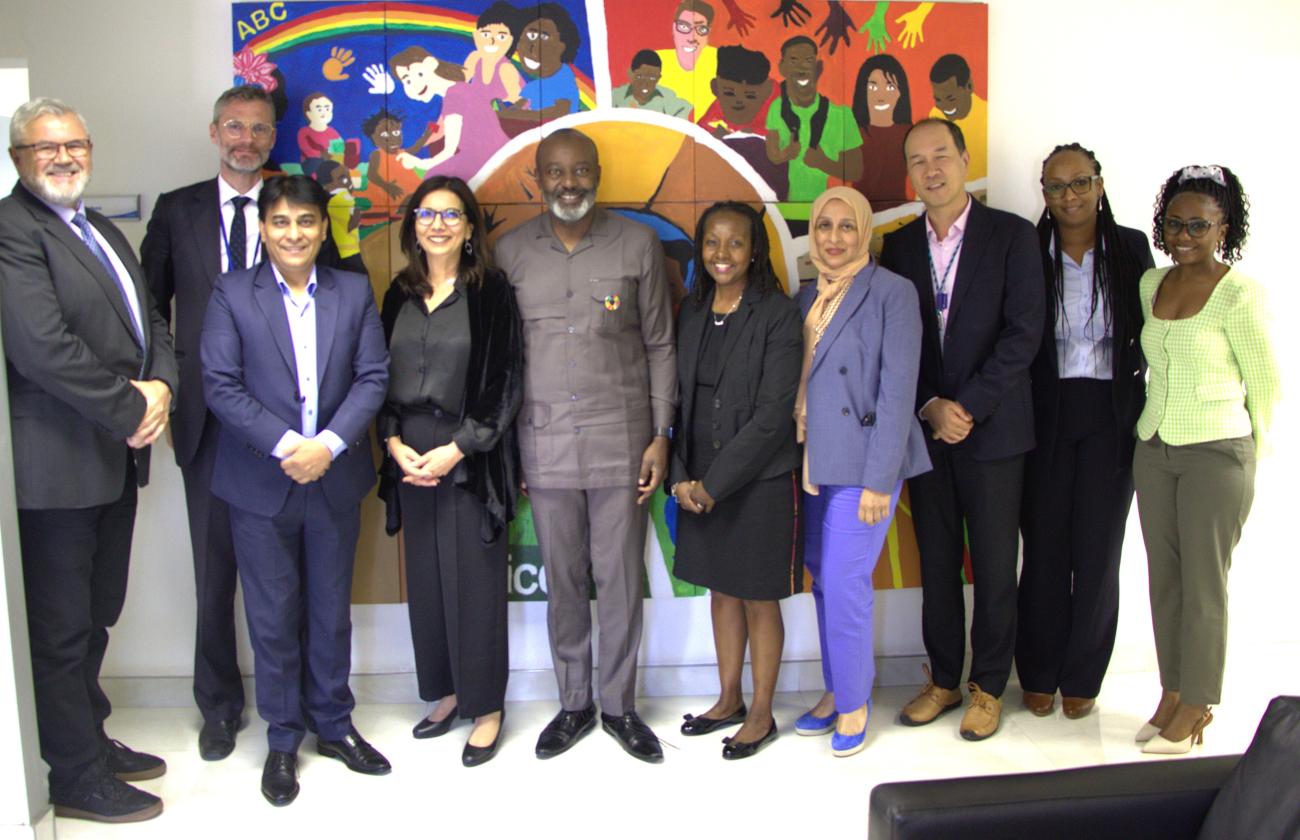In a dynamic move to bolster child protection efforts, Dr. Najat Maalla, the Special Representative of the United Nations Secretary-General on Violence Against Children, embarked on a pivotal five-day mission to South Africa.
Dr. Maalla’s visit coincided with South Africa’s annual Child Protection Month and marked a critical opportunity to deepen collaboration with national stakeholders and reaffirm the country's commitment to ending violence against children. Her mission, grounded in the vision of the 2030 Agenda, focused on integrating child protection as a central pillar of sustainable development.
“Protecting and promoting the wellbeing of children is a fundamental investment in the future of any nation,” said Mr. Nelson Muffuh, United Nations Resident Coordinator in South Africa. “By safeguarding children, we are strengthening families, enhancing community resilience, and laying the groundwork for sustainable economic and social development. We commend Dr. Najat Maalla M’jid for her visit and her continued advocacy with national stakeholders to accelerate efforts to end violence against children in South Africa.”
During her engagements with the United Nations Country Team (UNCT) and key government counterparts, Dr. Maalla emphasized that creating safe and nurturing environments for children is not merely a social obligation—it is a strategic investment in national development. “We must ensure that child protection is firmly embedded within national political priorities and development agendas,” she noted.
Particular attention was given to involving traditional leaders, especially in rural communities, in efforts to address violence against children. The discussions highlighted the importance of community-based approaches and multisectoral collaboration, especially as children continue to face increasing threats both offline and online.
South Africa has made notable progress in strengthening child protection systems, including the development of advanced digital safety frameworks and support services for vulnerable children. However, challenges persist. Rising incidents of cyber-related abuse, entrenched gender-based violence, and barriers to accessing essential services due to lack of documentation or socioeconomic inequality, continue to undermine children’s rights and futures.
The visit also spotlighted the urgent need to address the ongoing crisis of femicide, which disrupts family structures and places children at further risk. Legal frameworks exist, but implementation gaps—particularly at the local level—pose significant hurdles.
In response, the UN system in South Africa has called for a renewed national commitment to fully resourced and monitored interventions that protect all children. As Dr. Maalla affirmed, leaving no child behind requires inclusive, sustained, and community-empowered action.











